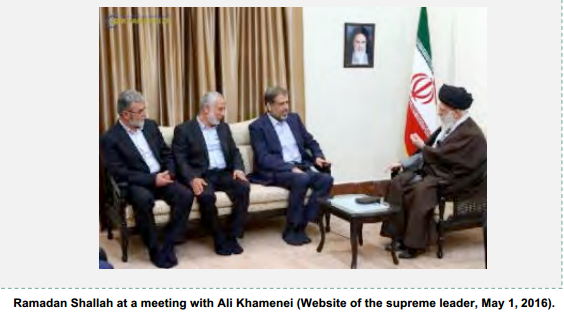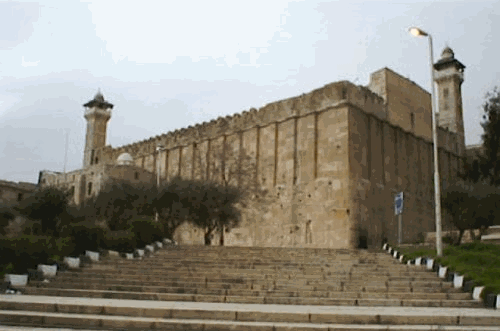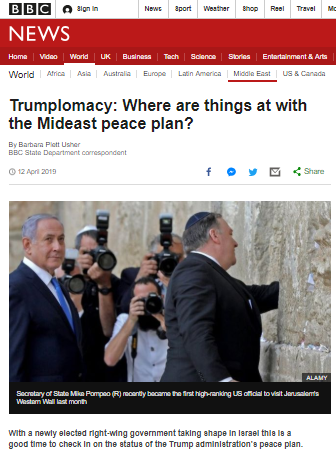The recent visit by a delegation of the Palestinian Islamic Jihad to Tehran appears to have borne fruit according to a report published by the London-based newspaper Asharq al-Awsat.

“The PIJ delegation was headed by its Secretary General Ramadan Shalah and included his assistants Ziad Nakhleh and military official of the movement Akram Ajuri. It held several public meetings with Iranian leaderships and other private meetings with the Commander of the Iranian National Guard and Commander of the Quds Force Qassem Soleimani.
The parties discussed various files that elaborated the Iranian vision for the PIJ Movement in the coming years.
One of the major decisions taken by Qassem Soleimani and approved by the political and military offices of the Movement, according to the sources, was restructuring al-Quds Brigades, the armed wing of the PIJ, and assigning Khaled Mansour the general commander of the Brigades in Gazza [sic] Strip.
Notably, Mansour is considered to be one of the most prominent leaders who are close to Iran and is respected and honored by the PIJ Movement.
Soleimani also ordered allocating $70 million as an annual budget for the Quds Brigades, transferred from the Iranian Revolutionary Guard’s treasury.”
Readers may recall that last July the BBC’s Middle East editor assured audiences that improvement in Iran’s finances as a result of the JCPOA would be directed to domestic investment rather than increased support for terror.
“…and there are people within Iran – people in the…ehm…the…ehm…Revolutionary Guard Corps – who…ah…do want to cause trouble around the region in the way that [previous interviewee] Frum was talking about it there. But the counter-argument to what he was saying is that the…President Rouhani was elected because people hoped that he would end Iran’s isolation and thus improve the economy. So the windfall that they will be getting eventually, which is made up of frozen revenues – oil revenues especially –around the world, ah…there are people who argue that look; that will go to try to deal with loads and loads of domestic economic problems and they’ll have trouble at home if they don’t do that. If people – the argument goes on – are celebrating in Iran about the agreement, it’s not because they’ll have more money to make trouble elsewhere in the region; it’s because things might get better at home.” Jeremy Bowen, PM, BBC Radio 4, July 14th, 2015
More recently, in February of this year, BBC News coyly told its audiences that “Iran has been accused of funding militant groups, such as Hezbollah in Lebanon” without providing any relevant background information on the issue of Iranian sponsorship of foreign terror groups.
Also in February, analysis of the results of elections in Iran from the BBC’s chief international correspondent Lyse Doucet included the following portrayal of what the BBC described as a win for “reformists”:
“This stunning election result will make a difference in Iran’s engagement with the wider world.”
If Asharq al-Awsat’s sources are correct and the Iranian Revolutionary Guard Corps has indeed upgraded ties with its proxy the Palestinian Islamic Jihad, this is obviously yet another example of how the BBC’s lopsided promotion of the notion of ‘reformists and moderates’ in Iran blinkers audiences, diminishing their understanding not only of that country but also of its influence on the Middle East as a whole.
Related Articles:
Will the BBC report Iranian ‘terror grants’ pledge?
BBC euphemisms hobble audience understanding of Iranian terror financing




